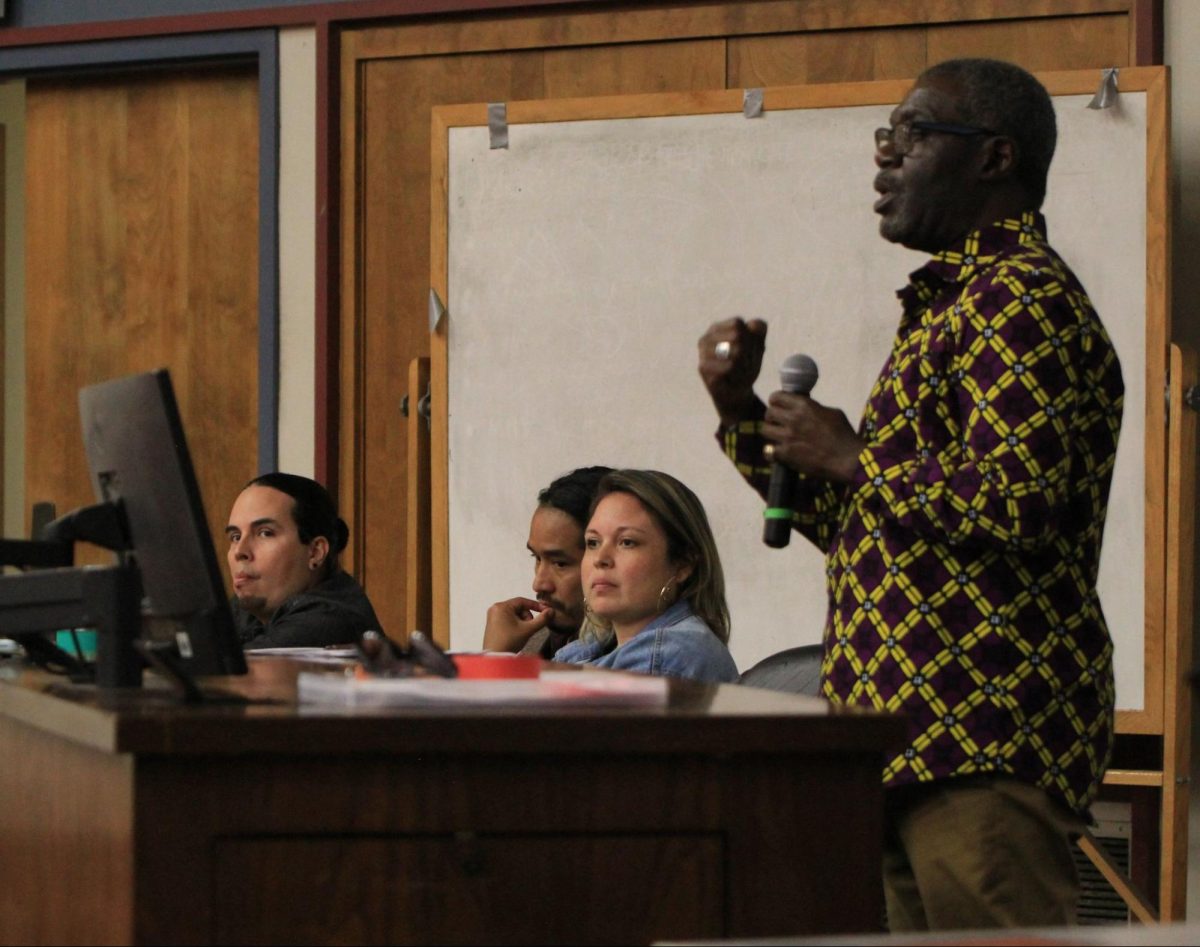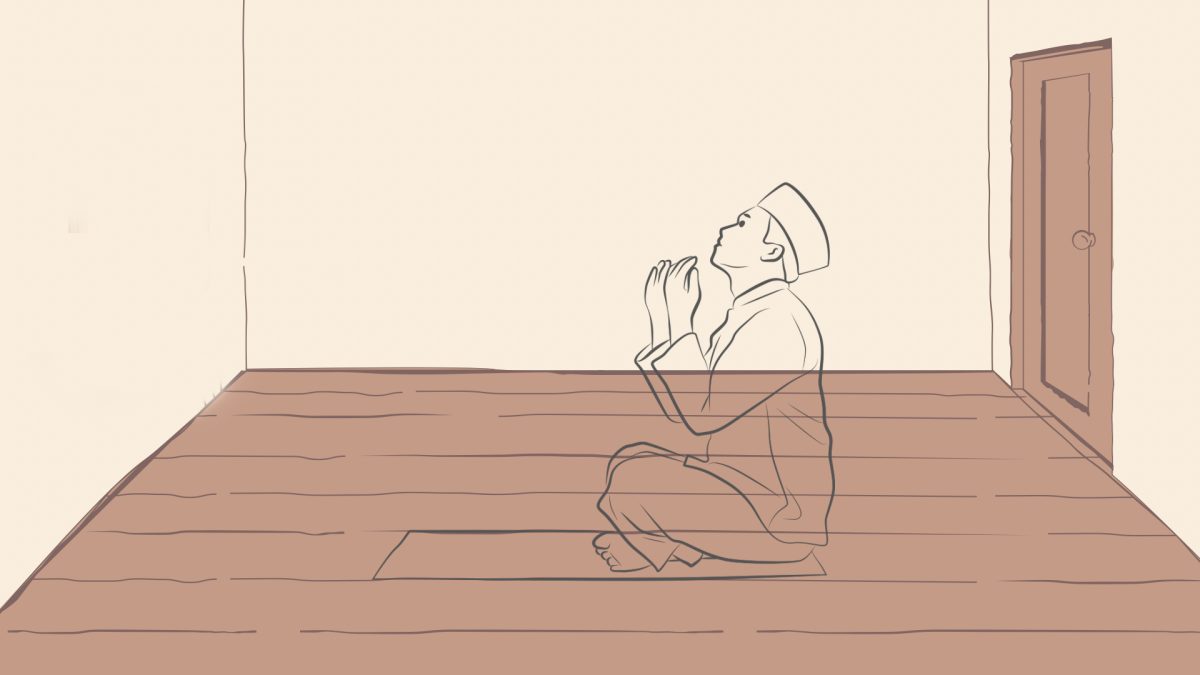- You are a bully if you spread rumors or say mean things.
- You are a bully if you make fun of other people.
- You are a bully if you are part of a clique that is exclusive about whom you can and cannot be friends with and does not let others join.
- You are a bully if you make fun of others because they are “different” from you and your friends. For example, if you make fun of someone who wears glasses, wears ugly clothes, has a bad hairstyle, or someone of a different ethnicity or religion.
- You are a bully if you have been a part of hazing people into a specific group.
- You are a bully if you have threatened to hurt someone.
- You are a bully if you have ever physically, or emotionally, harmed a person.
There are three basic types of abuse: emotional, verbal and physical. All types are done intentionally, especially when a person is bullying someone else. Bullying can and does occur in any context in which people interact with one another. This includes, but is not limited to school, the workplace, networking websites, politics, the media, and at home.
School and Hazing
This form of bullying can happen at any grade level. Right now, you or someone you know, can be a victim of bullying. It starts out when someone first begins to notice the ways in which people are different. By the time someone is in high school, their bullying skills have gone beyond the mere teasing and taunting to the shoving and provoking. In high school, bullies are everywhere, roaming the halls waiting. Bullies usually have groups, and use their popularity as a way to gain fear from the non-popular students. When signs of fear are shown from a student, the bully uses the student’s fear to belittle them . Most high schools have a large population of bullies.
Sensei Serge Sognonvi and Carmen Sognonvi, authors of “The 5 Essential Bullying Statistics Every Parent Should Know,” said that one in three students are involved in bullying. “It’s estimated that nearly 30 percent — or 5.7 million children — are involved in bullying, as victims, perpetrators, or both. Studies have found that 15 to 25 percent of students in the U.S. are bullied, and 15 to 20 percent bully others,” said Sognonvi. They also point out that kids who are obese, gay, or have disabilities are up to 63 percent more likely to be bullied than other children.
Gender also plays a part in how people are bullied. “The most frequent type of bullying experienced by both boys and girls is verbal bullying. But that’s where the similarities end. Boys are far more likely to be hit, slapped, pushed, or be exposed to other types of physical bullying. Girls, on the other hand, are at higher risk for being socially excluded, having rumors spread about them, or being targeted with sexual comments,” said Sognonvi.
Hazing is an evolution of high school bullying. This form of bullying is most likely ritualistic; pledging for a frat or sorority house, or joining a sports team, are the most common places one can find forms of hazing. Freedictionary.com defines hazing as:
1. To persecute or harass with meaningless, difficult, or humiliating tasks.
2. To initiate, as into a college fraternity, by exacting humiliating performances from or playing rough practical jokes upon.
Cyber
Cyber bullying is flourishing. Social networking websites; three of the most popular being Facebook, MySpace, and Twitter, give people an open forum to say whatever they want. The ability to say something about someone on a website, where a group of friends can see what someone has written about another person, is shockingly powerful. This type of power, for anyone, can be enticing.
According to Canadian educator Bill Belsey, cyber bullying involves the “use of information and communication technologies such as e mail, cell phone and pager text messages, instant messaging, defamatory personal websites, blogs, online games and defamatory online personal polling Web sites, to support deliberate, repeated, and hostile behavior by an individual or group that is intended to harm others.”
There are millions of blogs dedicated to destroying
celebrities and everyday people. Perez Hilton, a famous celebrity blogger who draws penises and cocaine dots on photos of people, is a prime example of cyber bullying. However, realizing that his ways may affect people negatively, he recently went on the “Ellen DeGeneres Show” stating that he wants to stop bullying celebrities.
Political
This form of bullying can range from city to city, state to state, or country to country, and everything in between. The impacts of political bullying can be seen on television, heard over the radio, and read in newspapers, magazines, and blogs. For example, during election time, each representative spend thousands, and sometimes millions, to bad mouth and ridicule their opponent. Yet, citizens still ask politicians, and officials, to put an end to bullying in our schools. But why would they? It has worked worked in politicians’ favor for years.
With elections held on Tuesday, Meg Whitman got serious. Not with her political platform, instead she attacked her opponent, Jerry Brown. However, these attacks go both ways. Jerry Brown’s staff called Whitman a “whore.” Meg Whitman’s camp put out a commercial degrading Brown, here is a transcript of the Whitman ad:
Announcer: “Jerry Brown’s good ol’ days. But what really happened?”
Bill Clinton: “CNN. Not me, CNN says his assertion about his tax record was, quote, just plain wrong. Jerry Brown went out there and took credit for the fact that the people of California voted for Proposition 13, which lowered taxes which he opposed. And now he’s going around taking credit for it. He raised taxes as governor of California. He had a surplus when he took office and a deficit when he left. He doesn’t tell the people the truth.”
Text: “Jerry Brown. Same Story. New Decade.”
Home
Home is supposed to be where one feels safest. However, this is where bullying starts. If someone is mean to their siblings and parents, they will, most likely, be mean to other people.
Ronald Mah, an expert on bullying, and author of Getting Beyond Bullying and Exclusion, agrees that family dynamics help breed bullies and their victims. “Some kids are bullies because there’s intimidation in the household. Some people are likely to become victims if there’s victimization in the family or from people outside. Avoidance, denial, co-dependent behavior all becomes part of it,” said Mah.
Mah said that American culture is partially to blame — not only the general hostile tone of music and movies, but also a focus on excellence and achievement that ignores the greater good.
This form could be the most common. People constantly bully their siblings. People bicker with their parents; they call their parents names and possibly physically, or emotionally, abuse them. People speak poorly about anything, and everything pertaining to their home life. However, admitting to this implies that we are all capable of being a bully.
Media
This form amplifies all other forms of bullying. Newspapers, radios, and magazines tell stories of bullying. Most attack the lack of parental guidance, or the inability of schools to rectify the situation. Is that not a form of bullying?
Television programming ha
s bullying down to an art. Comedy Central makes fun of everyone. E! has programs that ridicule celebrities and regular people for what they wear, and for actors’ actions. News programs tell one side and demolish the other. The “Jerry Springer” show allows people to hit each other. “Hell’s Kitchen’s” head chef, Gordon Ramsey, torments his contestants with horrendous amounts of name calling, and at times, physical abuse. Reality shows have become renowned for their ability to bully others. Some of the people on “Jersey Shore” call women grenades; the Situation, a member of the reality show, uses this term to describe an unflattering girl. The contestants on “Big Brother” verbally abuse one another. What it comes down to is that most TV programs endorse bullying, but on the other hand, they hypocritically run advertisements to prevent it.
Bullying has different effects on people. Some who were bullied become bullies, some become stronger, some become more introverted, and some people go as far as taking their own life.
If you are in the same social group as a bully, stop feeding into it. If a bully gets no response, then they will not do it again. The more fear a person displays, the more ridicule they will receive from a bully. If you know someone who is being bullied, give them positive feedback about themselves. Make light of the name calling and show them there is hope.
You cannot control what people say about you, but you can control how you take it. When dealing with bullies, you must realize the place in which it comes from. For the longest time I was bullied, but it never affected me because I never bought into what they were saying about me. I knew who I was and nothing anyone can say can change that. So my advice is this, to let it go. Do not let yourself become a victim of bullying and, more importantly, do not become a bully.







